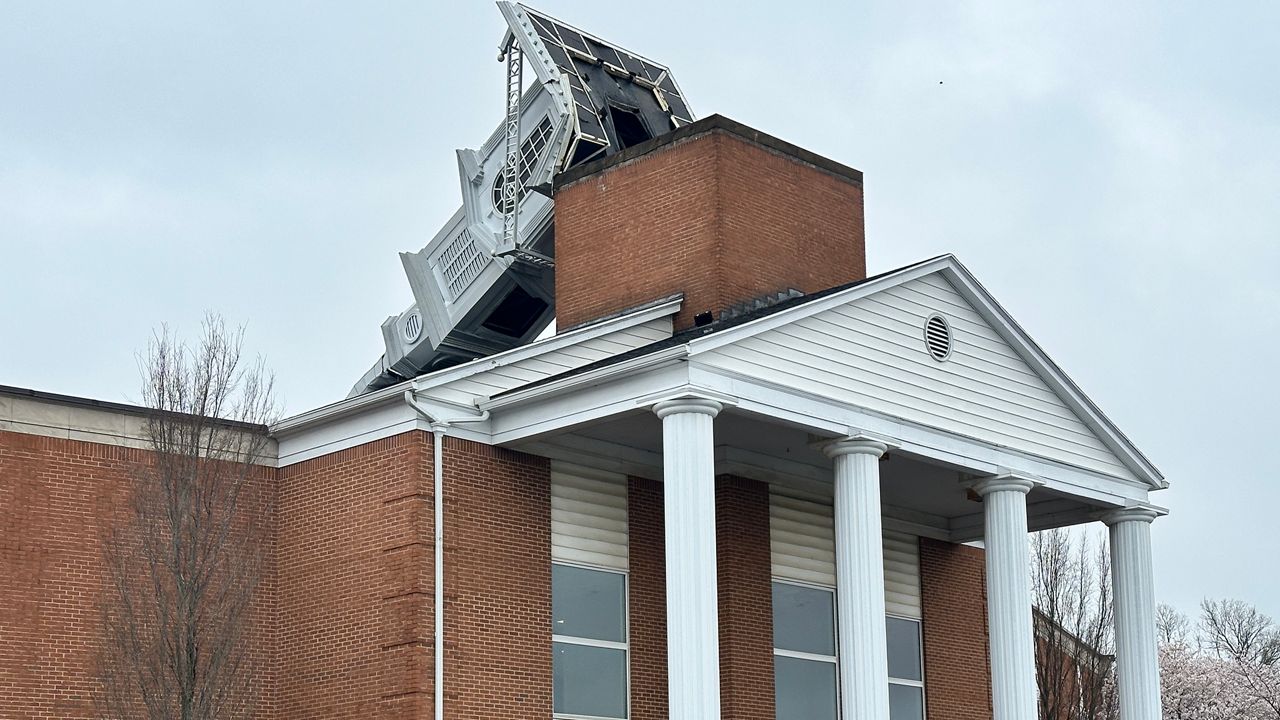CLEVELAND — More changes are coming to federal student loans.
The Trump Administration plans to move oversight of the $1.6 trillion of federal student aid to the Small Business Administration.
Kim Cook is the CEO of the National College Attainment Network. She said the moving of oversight can only happen with an act of Congress.
"Any of these moves require congressional action," Cook said. "This will take time. This will take legislation.”
Confusion surrounding student loans has increased since the changes to the Department of Education began, Cook said.
"We’re getting questions about, 'can I still file FAFSA? If I’m one of the 7 million students who relies on a Pell Grant to go to college, will those still be disbursed?' The answer is emphatically, yes.”
In Ohio, $63 billion of federal student loans are currently administered by the federal government. Organizations like College Now Greater Cleveland provide financial aid counseling to borrowers in Northeast Ohio. Director of Adult Programs and Services Phil Wallace said the recent and future changes to student loans are causing uncertainty.
"Staying up to date with the policy changes have made things more difficult and thrown a wrench into our coaching conversations," Wallace said. "Just like many borrowers, we don’t have all the answers, and the answers could change day to day.”
The Small Business Administration announced last week it plans to eliminate more than 40% of its staff even as it prepares to potentially handle federal student loans.
Both Wallace and Cook expressed concern that moving student loans to a different government agency could cause delays in processing and slower response times, similar to when the FAFSA application changed in 2024.
“I do believe that a transition of that size would naturally create confusion and uncertainty," Wallace said.
“We saw last year there was a difficult rollout with FAFSA and high demand for the call center and for assistance," Cook said. "It’s hard to imagine how you keep that level of service with fewer people.”
As for advice to concerned students in Ohio who rely on federal student aid for higher education, Wallace stresses they should stay up to date on their current status to stay prepared.
"The biggest advice that we provide to borrowers is to keep good records, keep good documentation of where you’re currently at," Wallace said.












